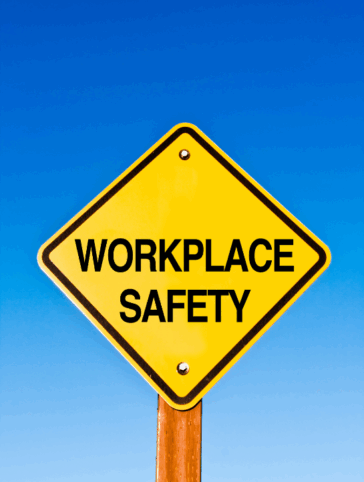Special events are meant to be memorable, but sometimes they’re memorable for all the wrong reasons. Someone could be injured in a fall, expensive sound equipment could be destroyed, or the venue itself could suffer damage. Following special event liability insurance best practices will ensure your event has the coverage it needs for eventualities like these.
Understanding Special Event Liability Insurance
Special event liability insurance provides coverage for claims involving bodily injury or property damage. Whereas general liability insurance typically covers the policyholder for an extended period of time (usually one year), special event liability insurance covers a specific event, such as a wedding, party, concert, theatrical performance, sporting event, or convention.
This coverage is important because all special events have some liability exposures. For example, slip and fall accidents can happen anywhere. If someone is injured in a fall at your event, you could be liable for the person’s medical costs and lost wages. Furthermore, the nature of special events may make incidents more likely. For example, guests are more likely to trip or walk into objects in a dark concert hall or theater than in a well-lit space. At large events, crowding and overheating can become serious risks. When you add alcohol to the mix, liability exposures increase.
When things go wrong, property damage, injury, and even death are unfortunately possible. For example:
- Vanity Fair says a 23-year-old fan died of heat exposure at a Taylor Swift concert in Rio de Janeiro in 2023.
- According to Pitchfork, at least three families have settled lawsuits against Travis Scott over a deadly crowd crush that occurred at the Astroworld festival in 2021.
- CBS says a woman has filed a lawsuit claiming she was seriously injured by a ball thrown into the stands at the 2021 World Series. The woman says the ball hit her in the right eye, causing multiple fractures, eye edema, and an infra-orbital abrasion, which required long-term care.
Three Tips for Special Event Liability Insurance
The following best practices can help you avoid issues regarding special event liability insurance or a lack of coverage.
- Understand your special event liability insurance coverage requirements.
Most venues require special event insurance. If you’re booking a theater, hotel, stadium, or other location for your event, your contract will most likely stipulate coverage. Find out:
- What type of coverage do you need to obtain? For example, the contract may require special event liability insurance that provides coverage for bodily injury and property damage.
- What is the minimum liability limit required? For example, you might need to secure $1 million or $2 million in liability coverage.
- Do you need to name the venue as an additional insured? This is a common requirement.
- How should you provide evidence of coverage? Policyholders typically achieve this by providing a certificate of insurance by a certain date before the event. Since missing this deadline could lead to problems with your booking, it’s important to know the date and where to send coverage.
- Determine whether you need liquor liability coverage.
Many special events involve alcohol, which creates liquor liability exposures. For example, if someone is overserved at an event and later involved in a car crash, the individual or company that provided the alcohol may be liable under state law. Liability can also occur in other circumstances, such as if intoxicated individuals get into brawls.
Liquor liability insurance provides coverage for hosts who are serving alcohol at a social event. If you are serving alcohol at your event, you can obtain this coverage along with your special event liability insurance. You can also reduce your risk by following your venue’s alcohol policy, carding all customers to avoid serving anyone who’s underage, and training staff to avoid overserving individuals who are already intoxicated.
- Consider adding event cancellation insurance.
In many cases, careful planning can ensure a large event is successful, but some things are still outside your control. For example, extreme weather could force a cancellation or a key person may have to back out at the last minute. When that happens, you could be looking at major losses from nonrefundable costs. Event cancellation insurance provides protection against this possibility and is often available alongside special event liability insurance.
Tangram provides insurance coverage to meet the needs of the entertainment sector, including workers’ compensation, errors and omissions, equipment and auto rental, venue and tenant liability, and special event liability insurance. Learn more.




